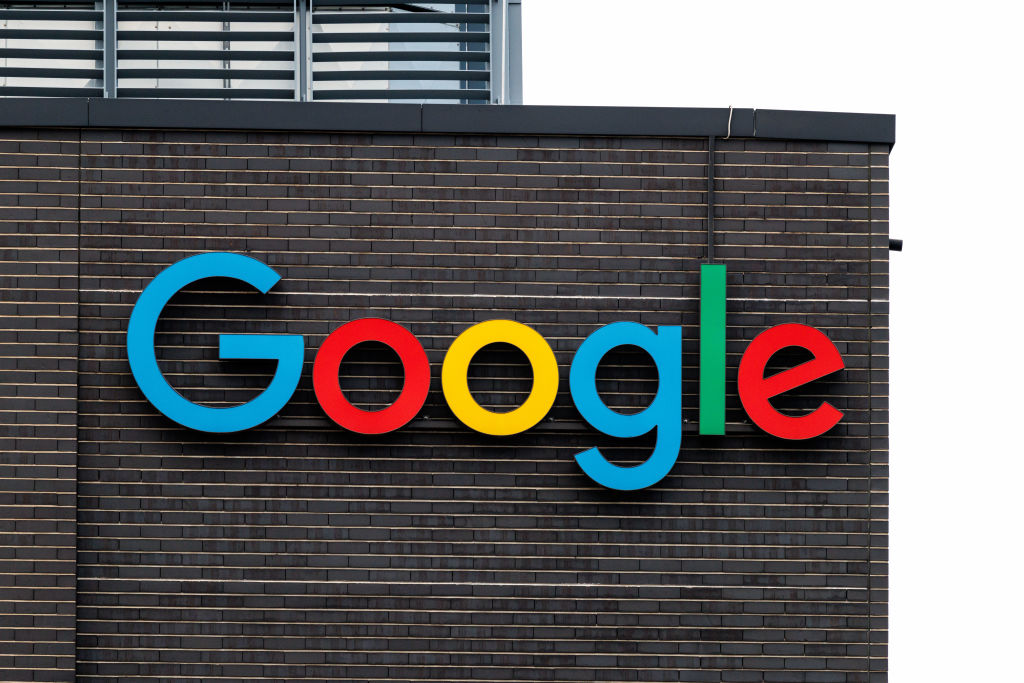Article Title:
German Court Orders Google to Pay €572 Million for Antitrust Violations in Price Comparison Sector
In a landmark decision, a German court has ruled that Google must pay a total of €572 million ($665.6 million) in damages to two German price comparison platforms for abusing its dominant market position. The Berlin Regional Court found that Google favored its own shopping service over competitors, thereby violating antitrust regulations.
Details of the Ruling
The court’s decision mandates that Google compensate Idealo, a subsidiary of the German media conglomerate Axel Springer, with approximately €465 million (about $540 million). Additionally, Producto, another German price comparison service, is set to receive €107 million (about $124 million). These rulings are subject to appeal.
Background and Legal Context
This case is rooted in longstanding concerns over Google’s business practices in Europe. In 2017, the European Commission fined Google €2.4 billion for favoring its own comparison shopping service over those of competitors. The Commission determined that Google had abused its dominant position in the search engine market by systematically giving prominence to its own service. This decision was upheld by the General Court of the European Union in 2021.
Idealo’s lawsuit against Google was a direct response to these findings. The company initially sought €3.3 billion in damages, arguing that Google’s practices had caused significant harm to its business. The court’s recent ruling, while awarding a substantial sum, falls short of Idealo’s original claim.
Reactions from the Involved Parties
Albrecht von Sonntag, co-founder and CEO of Idealo, expressed a commitment to continue legal action, emphasizing the need for accountability in cases of market abuse. He stated, We welcome the court holding Google accountable. But the consequences of self-favoring go far beyond the amount awarded. We will continue to fight – because market abuse must have consequences and must not become a lucrative business model that is worthwhile despite fines and compensation payments.
Google has announced its intention to appeal the rulings. A company spokesperson highlighted changes made in 2017 aimed at creating fairer competition by allowing rival comparison sites equal advertising opportunities on its platform. The spokesperson noted, The changes we made in 2017 have proven successful without intervention from the European Commission. The number of price comparison sites in Europe using the Shopping Unit designed by the remedy has increased from seven to 1,550.
Implications for the Tech Industry
This ruling underscores the increasing scrutiny that tech giants face regarding their market practices, particularly in Europe. The European Union has been at the forefront of enforcing antitrust regulations against major technology companies to ensure fair competition and protect consumer interests.
The decision also highlights the potential for private damages claims to serve as an effective tool in holding digital monopolies accountable. By awarding substantial damages to affected companies, courts can deter anti-competitive behavior and promote a more level playing field in the digital marketplace.
Looking Ahead
As Google prepares to appeal the court’s decision, the tech industry will be closely monitoring the outcome. The case may set a precedent for how antitrust violations are addressed and penalized, influencing the behavior of other dominant players in the market.
For consumers, the ruling could lead to increased competition among price comparison services, potentially resulting in better deals and more choices. It also serves as a reminder of the importance of regulatory oversight in maintaining fair market practices in the rapidly evolving digital economy.



